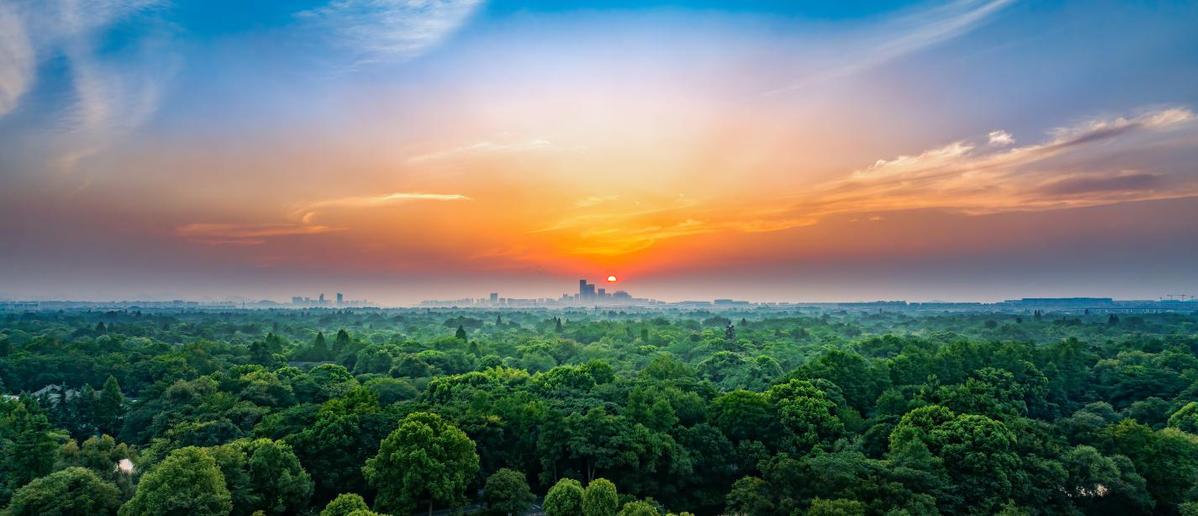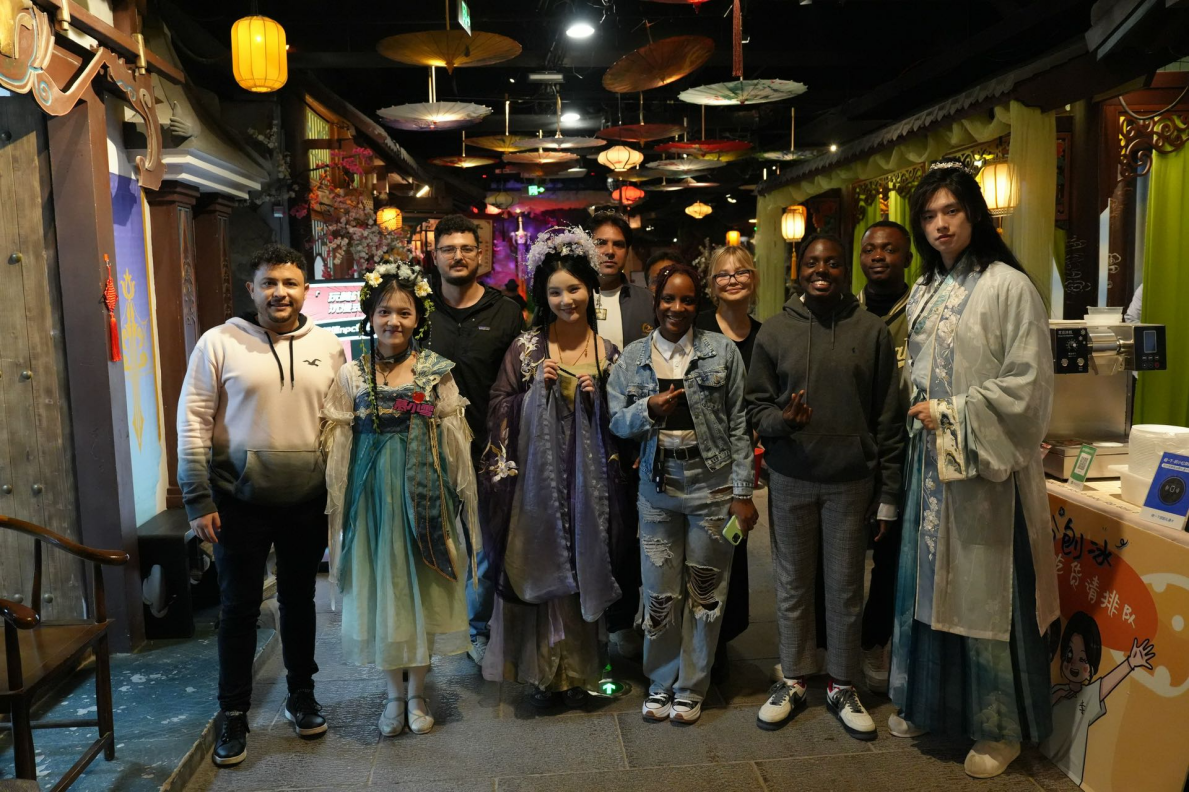Hangzhou's high-quality development harmonizes with ecological preservation


Primarily recognized as a serene destination famed for its picturesque West Lake, Hangzhou, capital of Zhejiang province, has undergone a remarkable transformation over the past two decades.
Remaining committed to preserving its ecological environment, the city exemplifies a model of sustainable urban development that many others aspire to replicate.
In the wake of China's digital boom, Hangzhou emerged as a prominent tech hub, with e-commerce giants such as Alibaba contributing to its economy. The city's transformation is marked by infrastructural advancements and a vibrant urban landscape, evidenced by the expansion of high-tech industries and smart city initiatives.
However, amid this impressive growth, Hangzhou has remained steadfast in its commitment to safeguarding its ecological heritage.
Xixi National Wetland Park is a prime example of this dual commitment to development and environmental preservation.
Once a neglected area, the park has been transformed into a picturesque refuge for over 200 species of birds and a multitude of plant life, including persimmon trees blossoming orange fruits in the autumn.
The wetland enhances the city's ecological health and serves as a recreational area for residents and visitors. Hotels and restaurants are situated throughout its center, reachable by shuttle boats carrying patrons to and from the park's main gates.
"As my first time visiting Hangzhou and the wetland park, I'm really happy; I've explored many things here, including the balance between nature and technology; What I like the most is that with this good balance, the city has maintained greenery and urban development," remarked Zishan Ahmad, an Indian expat living in China for over three years.
Efforts to integrate nature into urban planning also shine through along Wensan Road, where modern commercial centers coexist harmoniously with green spaces.
Once bustling with traffic and noise, this vibrant corridor now features tree-lined walkways and bicycle lanes, encouraging residents to engage in a healthier, more sustainable lifestyle.

Situated on this street, the Wensan Digital Life Block epitomizes the city's commitment to blending cutting-edge technology with urban living.
Designed as a hub for digital innovation, the block integrates smart city solutions to enhance the daily lives of its residents and visitors. A vibrant mix of e-commerce, co-working spaces, and entertainment venues cater to a diverse demographic.
Augmented reality experiences and interactive kiosks enrich the consumer journey, offering personalized shopping recommendations and immersive activities.
The block's digital ecosystem also encourages startups and entrepreneurs to flourish, bolstered by incubators and collaborative work spaces that promote innovation and creativity.
For this reason, many Hangzhou youths refer to this area as "the place where innovation and entrepreneurship dreams begin".
Having lived in Hangzhou since 2016, Farrukh Piash from Bangladesh has witnessed the city's high-quality urban development firsthand.
"In 2016, we had only two metro lines. Now, there are 13 active lines and two intercity metros; There have been huge developments in infrastructure, international trade, and e-commerce, with fewer factories and more innovation parks focusing on social media marketing and digital platforms."
Piash also remarked Hangzhou is a top-notch modern and eco-friendly green city.
As Hangzhou continues to expand its digital landscape, it sets a high bar for urban centers nationwide. The city illustrates that development and environmental stewardship can coexist amicably by adopting an integrated approach that respects natural resources while fostering economic progress.
With its high-quality development strategy, the city aims to be an international city that champions technological growth and is a global exemplar of sustainable living.
























